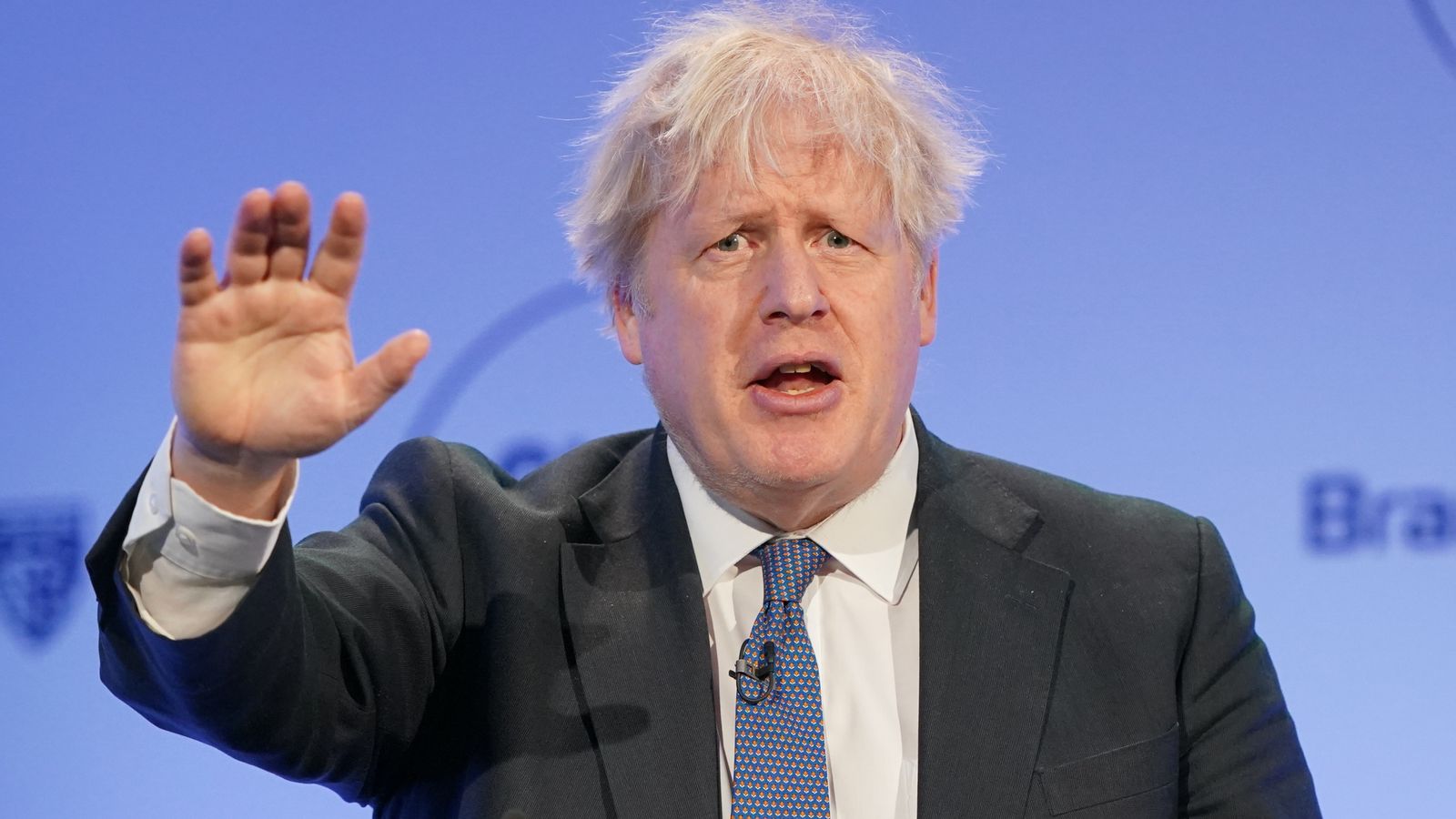The political honours system is back in the spotlight as we await the publication of Boris Johnson’s controversial resignation list.
Mr Johnson is reported to have recommended 50 names for the House of Lords, which after a significant delay, Rishi Sunak is poised to accept.
The former prime minister drew up the list after he was ousted from Number 10 last September.
The prime minister’s resignation honours are granted by an outgoing prime minister according to tradition.
A prime minister can request the reigning monarch to grant peerages, knighthoods, damehoods or other awards in the British honours system to any number of people.
One criticism levelled at the system is the perception that people are rewarded for political loyalty, or for making donations, rather than on merit.
Labour tells Rishi Sunak not to accept ‘carousel of cronies’ on Boris Johnson’s honours list
Baroness Hallett: Who is the chair of the COVID inquiry?
COVID inquiry chair insists it is for her to decide what material is ‘relevant’ amid row over Johnson WhatsApps
So what is the political honours system and how does it work? Sky News explains.
Different routes in the Lords
According to the Institute for Government (IfG), there are three main routes in the House of Lords.
They are by appointment – either political or non-political – by hereditary entitlement and if you hold a specific role.
The prime minister’s resignation list covers political appointments.
Since 2000, the House of Lords Appointments Commission (HOLAC) has vetted peers who are nominated by political parties.
The commission is an independent body that advises the prime minister on the propriety of appointments and is made up of a chair and six members, three who are unaffiliated to any party and three who represent the main political parties.
Read more:
What is the House of Lords and why does Starmer want to abolish it?
Abolishing House of Lords would spark ‘fundamental challenges’
HOLAC has said people considered for peerages should be “in good standing in the community” and their past conduct should not be “reasonably regarded as bringing the House of Lords into disrepute”.
After vetting the nominations for life peerages, the commission then makes recommendations to the prime minister about the nominees – but because the role is advisory, the ultimate decision of whether to submit someone to the House of Lords for approval by the King rests with the prime minister.
The list is also submitted to the Cabinet Office for checks.
In 2012, a parliamentary and political services committee was established to consider honours for politicians and for political service. It is made up of a majority of independent members and the current chief whips of the three major parties.
Recent controversies
The role of the commission has been brought into question after it advised against Mr Johnson appointing Peter Cruddas, a former Tory party chair, to the Lords – something he proceeded to do.
Evgeny Lebedev, the Russian-born owner of the Evening Standard, was also able to take up a seat in the House of Lords despite HOLAC originally advising against the appointment, citing security concerns. It later overturned its advice.
Calls for reform
There have been a number of proposals to reform the House of Lords and its systems of appointments, largely owing to the growing size of the upper chamber, which now stands at more than 700 members.
Some MPs also want to toughen up HOLAC and the vetting process by putting it on a statutory footing, meaning its recommendations would be compulsory rather than advisory.
Mr Johnson has also been criticised by the former Lords Speaker, Lord Fowler, for the number of new peers he created, which currently stands at 86 – double the 43 new peers created by Theresa May during her time as prime minister.






